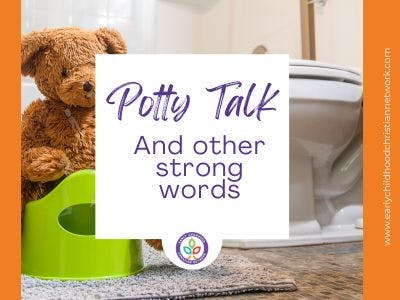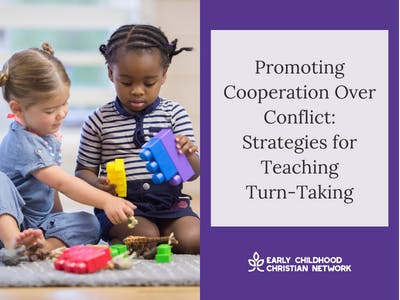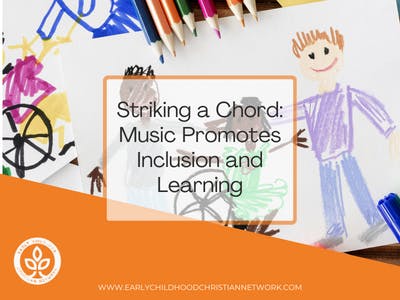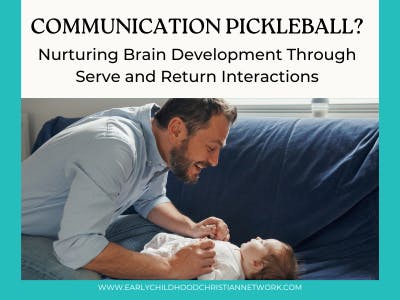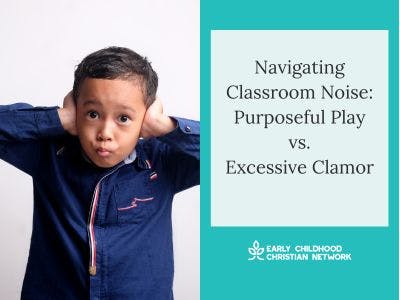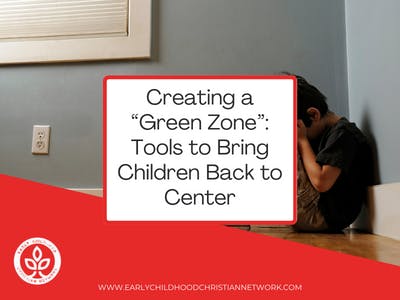|
Hey Reader!
Taylor, a three-year-old, just learned a new word! “Fart!” 🫣🙄Every time he says it, all the others start giggling and laughing. Before you know it, all you hear all day is “fart-fart-fart-fart” and lots of giggling and laughing. Preschool children are learning more words every day and when they start potty-training, there is a whole new set of vocabulary that might make its way into the classroom. What do you do?
First, let’s talk about why children like to use potty words (or other strong words that get a reaction).
- It makes them feel like they have some power.
- They’re just testing out a new word and checking reactions. “What happens when I say this?”
- They’ve heard someone else say it so they want to try it out.
Here are a few tips (some ideas taken from “It’s OK NOT to Share” by Heather Shumaker):
- Stay calm and carry on. If you remain as neutral as possible and make this no big deal, the novelty will wear off soon. I promise. If you have a big reaction or try to stop the use of the word (“we don’t say that”, “don’t ever say that again.”), you just make it even more fun for the children. Keep your face and your tone as neutral as possible while you respond.
- Give children a place to say potty words where it’s appropriate. You might allow potty words in the bathroom. Say something like “oh, you’re trying out a potty word today! You can say that word in the bathroom as much as you’d like. That’s where potty words belong. Let’s practice now.” Then take them to the bathroom and give them about 15 seconds to say their new potty word – most children will get tired of it in 15 seconds or less. Some might need 30 seconds. If you have a group of children trying out the word, have them stand in line and “wait their turn” to say the word! This usually nips it in the bud after a couple of days. If you don’t have a bathroom in your classroom, you might put a picture of a toilet somewhere in your room and have children go to the “Toilet Wall” where they can say the word as much as they want.
- Be consistent. This is the hardest part. Every child. Every time. Don’t make exceptions. Just remember, the children are not in trouble. You’re teaching them where potty words belong…in the bathroom. This goes for words like “poop, pee, booty, and private body parts, etc” If children start name-calling (ex: “poopy-head”), then go to the next section for ideas!
What about other words that aren’t just potty words – words like “stupid”, “shut up”, or name-calling?
- Again, the more neutral you can be, the better. Look for the underlying reason for using the word and address it calmly.
- Figure out the real underlying expression and then coach them in what is appropriate. If a child is saying something like “That’s stupid!” address the real issue. “You’re disappointed that we can’t go outside today and have to play inside instead. Try saying ‘I’m sad’ or ‘I don’t like playing inside as much’.” Remember, you’re TEACHING young children what is socially appropriate. If a child is name-calling – saying “You’re stupid!” or “She’s ugly.” Or “He’s a poopy-head.” Or even “I hate you.” – then address that expression (remember you’re staying calm). “Wow, words like that are mean and they hurt people’s feelings.” If they’re using words to be mean on purpose (remember, sometimes they don’t even know what the words mean so ask them) then, remind them that God wants us to encourage each other. “What is something kind you could say to Sarah right now?” Sometimes, it’s a matter of a child being frustrated and they don’t know how to appropriately express that feeling – help them rephrase whatever they’re really trying to say – “You were angry that Jackson knocked over your tower. Say ‘Jackson, I don’t like it when you do that.’” If they refuse, that’s fine. You still coached them forward. Remember, that you can’t make children say what you want them to say. You’re looking for teaching opportunities to help them learn better words next time! The brain connections are happening even if they don’t say the words right then.
- Practice, practice practice! Practice using kind and helpful words throughout the day. Notice out loud when you hear children using them. “Wow, I just heard you say ‘you’re my friend’. That’s a really kind word.” Practice saying kind things as a game – randomly choose a child during circle time and the child on each side of him says one nice thing about him. Do this at lunch and have children practice saying something nice or that they notice about everyone else at their table or even just practice having a conversation with someone. “I like your red shirt. Red is my favorite color.” “I saw you unzip your lunch box. Way to go.” “Your lunch smells different than mine. What did your mommy pack for you?”
What about really bad words like swear-words or racial slurs?
- Remain calm! (I know, broken record, here) Do NOT give a big reaction no matter how shocked or offended you are. Stay neutral. Take a breath. Walk away for a moment if you have to. Practice your neutrality – “They sky is blue. I’m wearing jeans today. That is not a kind word. Do you know what it means?” Each phrase should carry the same neutral tone.
- Get more information and then coach them. For swear-words, ask a question like “do you know what that means?” Often, they might have heard a word from a parent, an older sibling, a babysitter, a TV show, a conversation at a restaurant, etc. They have no idea what the word means and they’re just testing it out. Pull the child aside and ask them calmly. Then say something like “that’s not a kind or helpful word.” If you can, give an explanation of what the word means and then give the child an alternative that is socially appropriate. Something like “I’ve heard someone use that word when they’re really angry. You can say “UGGGGGGHHHHH” when you’re angry.” I know that’s not always possible. Sometimes, you have to go with “That’s not kind or helpful. Let’s practice some kind and helpful words instead”. For racial slurs or other derogatory labels, again, pull the child aside and ask if they know what that means. Again, most of the time, they’ve heard the word somewhere and they’re testing it out to see what happens. Tell them “That word is a mean way to talk about someone and it can really hurt their feelings. God wants us to say kind things about people, right? What could we say that’s kind?”
These can be real challenges some days, but I’d encourage to keep trying to stay calm and coaching children in the ways that build Christian character. These little disciples are learning and maturing every day. They WILL get it. We’re praying for you as you navigate these challenging behaviors. If there are other behaviors you’re experiencing in your classroom that you’d like for us to address, please click reply and send us an email. If you have some great ideas for handling these challenges, send us an email as well! We’re always looking for new ideas too!
Cheering you on this week!
-Your ECCN team
Registration for summer state conferences opens on April 1st!

|
 |
Colossians 3:16
“Let the message of Christ dwell among you richly as you teach and admonish one another with all wisdom through psalms, hymns, and songs from the Spirit, singing to God with gratitude in your hearts.”
|

